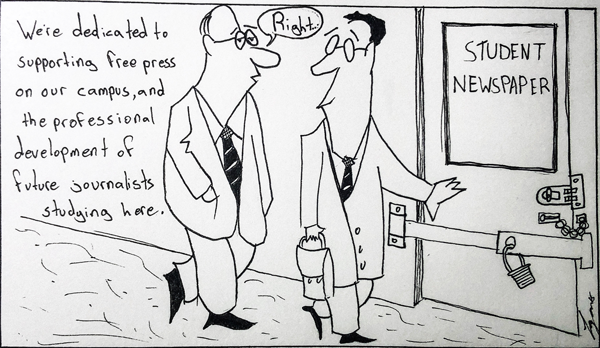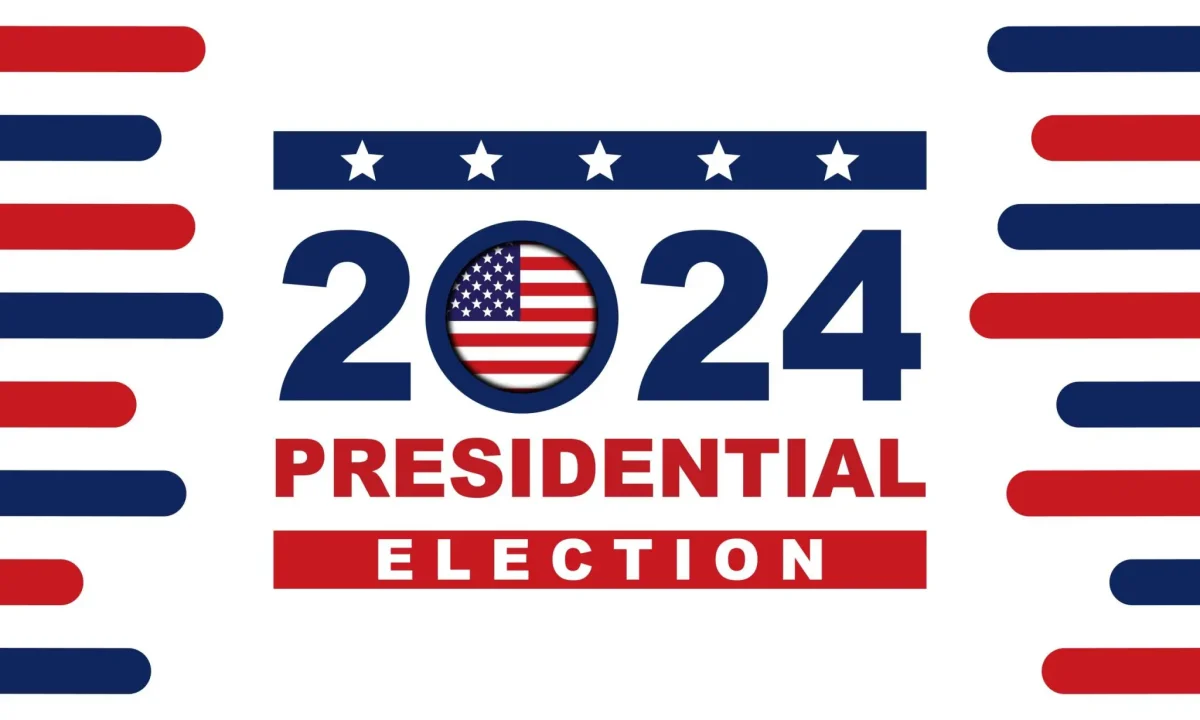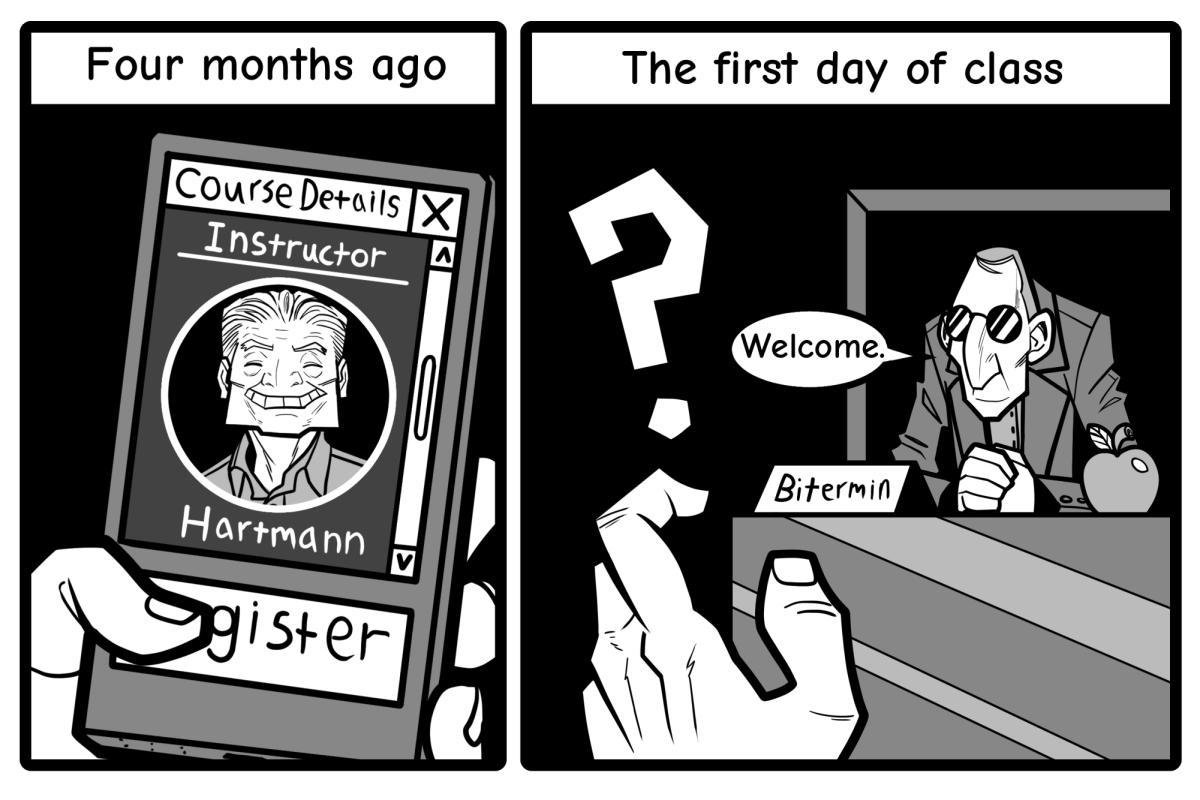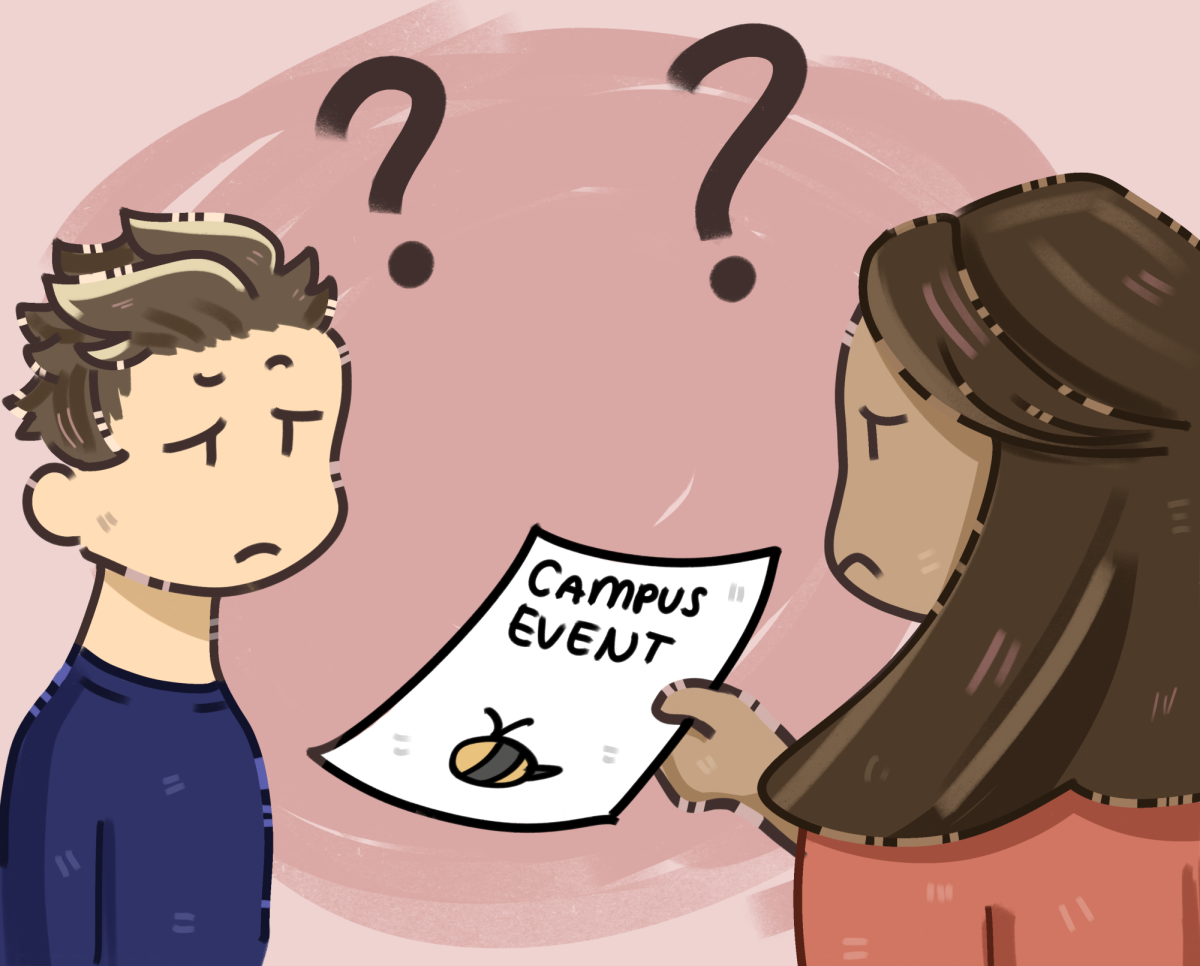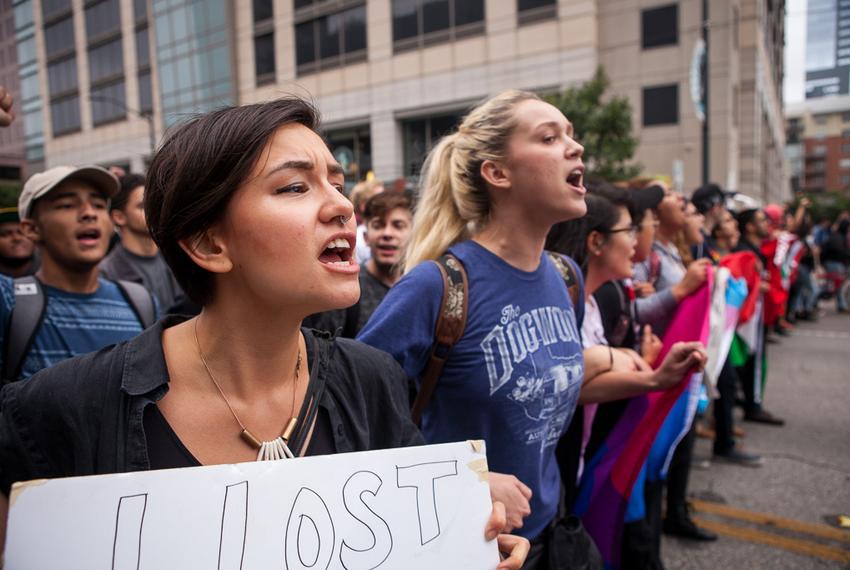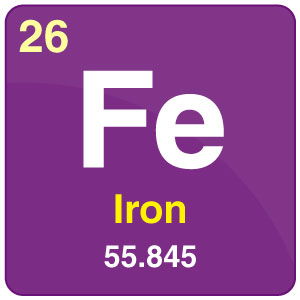Two-thirds of Americans, young or old, conservative or liberal, don’t place much faith in the Fourth Estate, according to a 2016 Gallup Poll.
Considering that the press’ primary role is to inform and hold government accountable, it is shocking that so many Americans don’t trust what ethical, trustworthy journalists provide.
Our current political climate promotes the idea of mainstream media being untrustworthy, even though that is generally false. The president refers to reputable news organizations as “fake news” and journalists as “enemies of the state.”
Student journalists are not immune from the disdain. And in many cases, universities are attempting to silence the student press.
The answer? An increasing number of universities are willing to sacrifice students’ rights of freedom of speech and scuttle student newspapers that stray from what the university deems acceptable to protect their image.
Despite the illegal nature of silencing or punishing student press at a public university, many institutions of higher education view their public image as more important than the constitutionally protected rights of the press.
Take the scandal surrounding the University of Kentucky and its student newspaper, the Kentucky Kernel. In 2016, the Kernel sought records related to a former associate professor who was accused of sexual assault by two students.
Legal battles
UK chose to withhold some documents, including information on accusations of sexual harassment by a professor, from the paper. Kentucky Attorney General Andy Beshear ruled that the university had violated Kentucky’s open records law and ordered the records releases.
UK responded by suing the newspaper. A court ruled in the school’s favor, and the newspaper appealed.
In 2017, The Student Press Law Center, a non-profit organization that offers legal advice and, in some cases, legal services to student publications across the nation, awarded the University of Central Florida student newspaper, Knight News, with the College Press Freedom Award for fighting attacks from their college administration.
The college refused to disclose open records. When Knight News sued for the records, UCF demanded the non-profit paper pay its legal fees, even when Knight News won the case. The university also threatened to seek disqualification of the Knight News’ attorney for speaking about the case at a UFC board meeting.
The university even demanded access to newsroom communications, privileged under the First Amendment, that were not related to the case.
SMU and non-legal fights
The attacks aren’t limited to legal action against student papers. The SPLC reported that student newspapers in Tennessee and Washington were stolen off of newsstands after covering controversies.
A Wichita student paper was threatened with what the editor called “retaliatory” budget cuts after publishing investigative reports, the SLPC reported.
More recently, the board overseeing the independent student newspaper at Southern Methodist University, the SMU Daily Campus, turned over the paper’s control to university. The SMU Daily Campus was founded 103 years ago because of university attempts to censor student media.
The board said the independent Student Media Company was no longer financially viable.
But Jessica Huseman, an SMU alumna and former editor in chief for The Daily Campus, told the Dallas Morning News that the board made little to no effort in trying to find ways to preserve the paper.
“If [alumni] had been asked for help at any point, we would have given it. I would have done fundraising for them. So when the board says, ‘We tried to do all these creative things,’ that’s [expletive]. They just didn’t,” she said.
Huseman, who now works for ProPublica, told the SMU Daily Campus that she doesn’t expect SMU to allow editorial freedom.
“SMU is not a place that values student voices or transparency,” Huseman told the SMU Daily Campus. “With the dissolving of Student Media Company, there is literally no incentive for SMU to be open about what it does.”
Contradictory to education
While a private university like SMU has the legal right to decide what goes in its own publication, it is an educational institution and censoring student media is contradictory to what an educational institution stands for: freedom of knowledge, open discourse and intellectual integrity.
Attacks by public universities blatantly violate the First Amendment protections that are paramount to the free society forged in America.
Assault on the Constitution
These attacks against student media are no different than attacks against professional media. It’s an attempt to prohibit the transparency offered by journalism, providing government accountability by design through founding documents — namely the Constitution.
Americans, and members of higher education institutions, need to look critically at the media they consume. We can no longer be complacent with sitting idly in the dark while losing one of our greatest assets: a free and independent press.
When college and university administrators use their power to limit student media, they severely hurt the present and the future. They hurt the present by restricting the collegiate community of information and hurt the future by diminishing the education of future journalists.

